
Radar | Nov 27,2018
Addis Abeba's City Administration resumed land auctions after a five-year lull. The auctions witnessed high participation and record bids. However, it was not always the highest bids that won; in many cases, full payment pledges trumped higher bids with lower upfront payment offers, indicating the city officials’ preference for immediate liquidity.
Over 81pc of the 24,000 bid documents were purchased during the 10 days, showcasing the public's substantial interest. The plots auctioned came from developers who failed to begin construction within the contractual period and those reclaimed due to "illicit occupation."
The public's demand for land was evident throughout the five-day event, with an increasing crowd catching the attention of officials.
"It sends a clear message, we need to do this often," said Kena Yadeta (PhD), head of the Land Development & Administration Bureau.
Last week, the Bole District auditorium was teeming with hopeful bidders eager to take advantage of the rare opportunity.
A notable offer involved a 390sqm plot in the Sar Bet area of Kirkos District, garnering an impressive bid of 695,000 Br for a square meter with 43pc upfront payments required. The winning bid went for 401,000 Br, pledging to settle full payment upfront, bringing the total to a staggering 156.3 million Br. This comes as a considerable increase given the area sees prices around 90,000 Br for a square meter.
However, the auction was not without its hitches, as four of the 297 plots were withdrawn from the bid due to unresolved transfer issues. The auction saw the disqualification of 110 bid documents that fell short of meeting the requirements.
The first auctions since Mayor Adanech Abiebie took office saw 40 plots awarded on the first day, attracting 2,852 bidders. Yet, despite the apparent success, the high bids posed challenges for many hopefuls, especially those with limited resources. This was the case for Tamrat Sintayehu, who found the high bids discouraging.
"It’s hopeless for us," he told Fortune.
Winning bids were not always the highest. In several cases, such as those of Elias Ibrahim and Muche Zegeye, full payment pledges trumped higher bids with lower upfront payment offers, revealing the City officials' preference for immediate liquidity.
A 230sqm of land from the Nifas Silk District was awarded to Elias for 103,000 Br for a square meter. The runner-up offered 75,000 Br. A square meter was offered for 65,180 Br in the same district for a bidder, Mesert Negash, who offered to settle in full for 235sqm, although the second bidder placed double.
Arada District followed, garnering 100,000 Br highest offer for a square meter. Close to 70 bidders showed up, with a bidder, Adnan Nuru, awarded a 150sqm plot for 50pc advance payments. He will have to pay 15 million Br. The bidder for the same plot, whose offer was higher by 5,000 Br, got third place, while the down payment was lower by 10pc from the winner. Despite the 106,000 Br record, a 60,100 Br offer from another bidder, Muche, took the plot, offering a full payment for another 150sqm plot in the same district.
The winners have five years to settle payments, with failure to comply resulting in a transfer to the runner-up. This policy aligns with the lease proclamation issued in 2011, which uses bid price and advance payments to determine the winner.
However, concerns have arisen, particularly from experts such as Nigusu Adane, a long-serving land surveyor, who feel the proclamation may perpetuate inequalities by favouring the wealthy. Adane insists that the law does little to address the housing needs of middle-income residents. He raises concerns over the exacerbating housing and rental prices and the land-holding system’s influence on Addis Abeba’s urbanisation pattern.
The auction's return raises questions about the future of Addis Abeba's housing landscape. If continued, it could drastically impact urban development, housing access, and social demographics, calling for careful regulation to ensure equity and affordability.
Amanuel Weldegebrial, Engdawork Assefa, Meron Tekalign and Van Rompaey conducted extensive research on land use and monetisation in Addis Abeba, with their findings published last year.
Their research discovered a substantial disparity between city-predetermined benchmark land prices and the actual lease prices quoted by bidders. This difference, most pronounced in the city’s Central Business District (CBD) and Transitional Residential Zone (TRZ), underscores the pressing need for adequate price control measures, they suggested.
They have observed a trend of high land prices towards the city centre, indicating an attraction for commercial builders. This not only leads to a potential increase in the eviction of slum residents but also pushes them towards the outskirts of the city, areas typically associated with less urban amenity distribution, according to their research.
They also warn that under speculative demand, urban land leasing can appear as a profit-making venture for a segment of rentiers, contributing to a rise in housing costs. They urged sustainable urban development strategies and anti-speculative measures, such as increasing capital gains and property taxes based on property value.
The federal government has introduced a property tax this year, which district revenue bureaus in the capital began to collect this month. The city authorities hope to generate close to nine billion Birr from property tax imposed on 180,000 property owners.
"It may also be necessary to implement rules that disallow land transactions without development," said the researchers.
They suggest diversifying the city’s housing projects to include state-subsidised high-density apartments for low-income households. They believe this could reduce economic inequality in settlement patterns.
Given Addis Abeba’s geographical limitations and difficulty in outward expansion from its 54,000hct, the city’s policymakers hope collaboration with surrounding towns is crucial to managing its burgeoning housing demand. Integrating satellite towns in the Oromia Regional State is believed to be vital to maintain the equilibrium of urban land and housing availability.
The resumption of land auctions in the capital marks a pivotal stage in the city’s urban development. The experts warn that as urban land price is a crucial determinant of housing access for urban residents, unchecked price escalation can hinder housing access, especially for the city’s low-income residents.
PUBLISHED ON
Jun 03,2023 [ VOL
24 , NO
1205]

Radar | Nov 27,2018
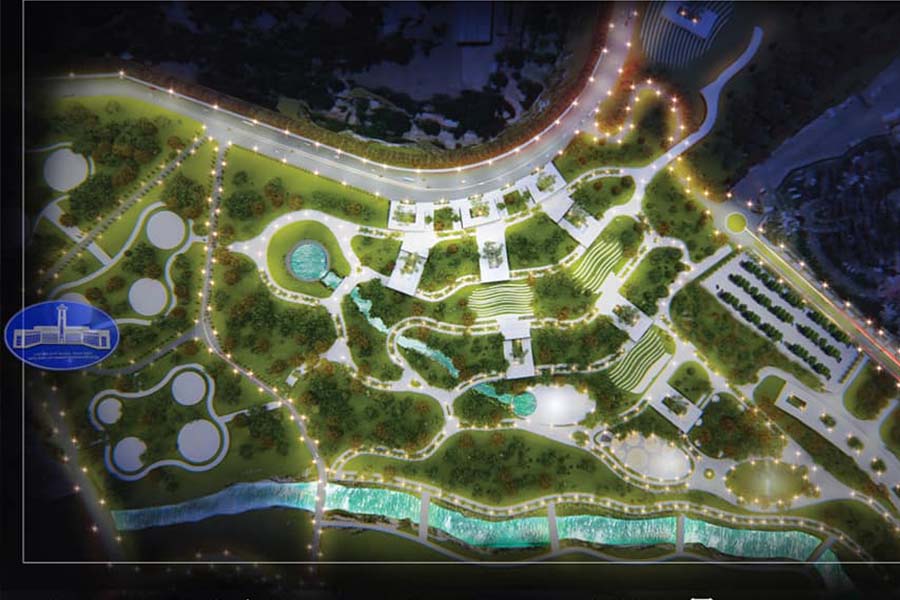
Fortune News | Feb 22,2019

Radar | Jun 07,2020

Fortune News | Jul 06,2025

Radar | Jan 26,2019
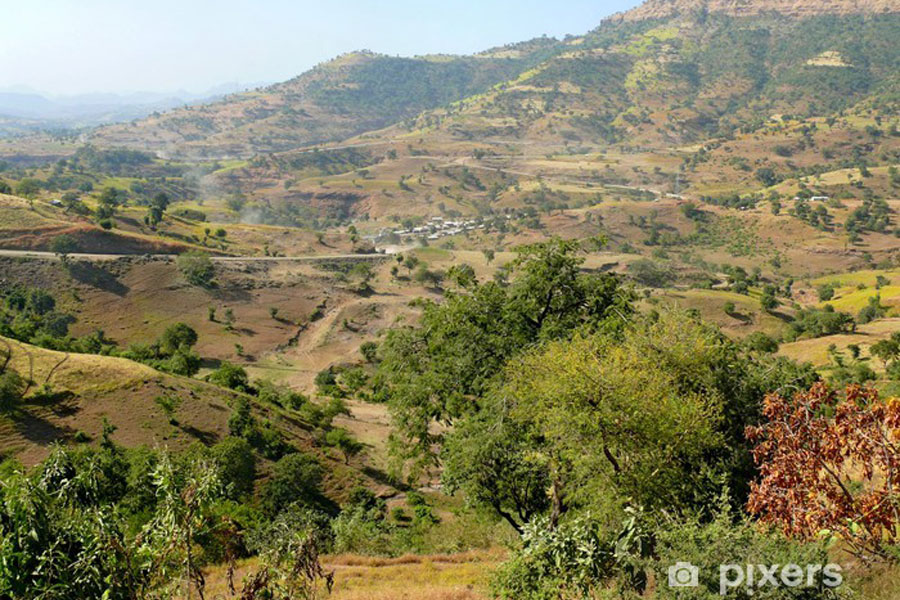
View From Arada | Mar 09,2019

Fortune News | Dec 01,2024
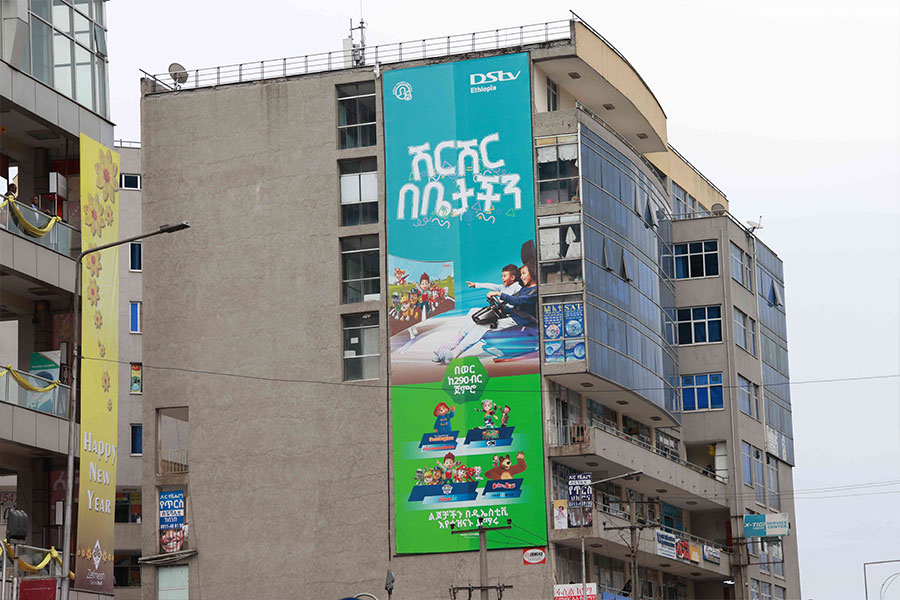
Fortune News | Oct 28,2023
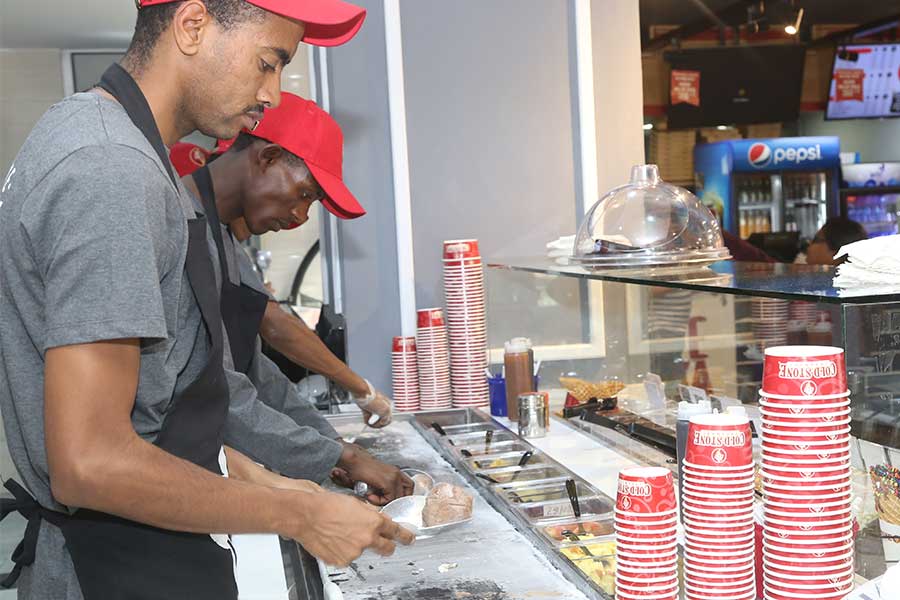
Fortune News | Feb 29,2020
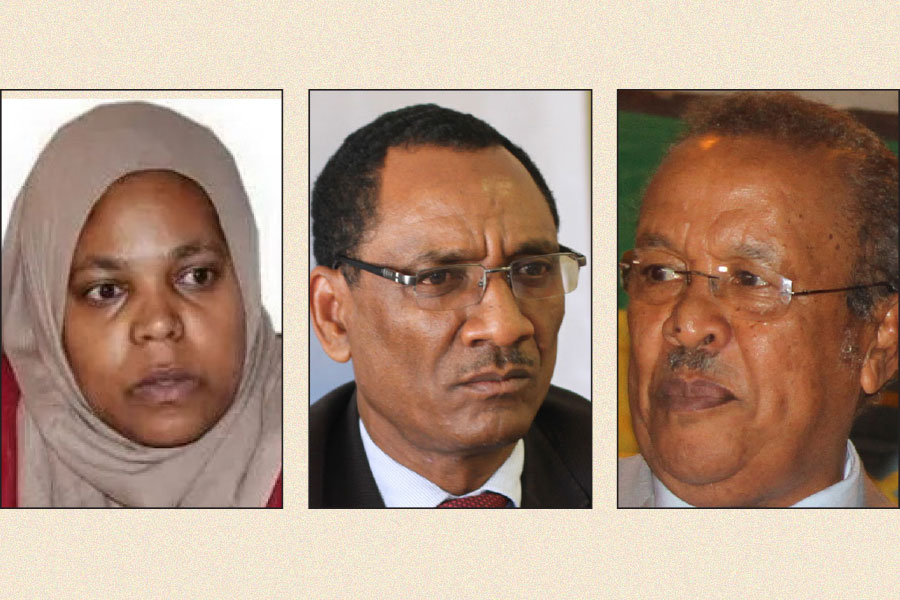
Fortune News | Jun 06,2023

Dec 22 , 2024 . By TIZITA SHEWAFERAW
Charged with transforming colossal state-owned enterprises into modern and competitiv...

Aug 18 , 2024 . By AKSAH ITALO
Although predictable Yonas Zerihun's job in the ride-hailing service is not immune to...

Jul 28 , 2024 . By TIZITA SHEWAFERAW
Unhabitual, perhaps too many, Samuel Gebreyohannes, 38, used to occasionally enjoy a couple of beers at breakfast. However, he recently swit...

Jul 13 , 2024 . By AKSAH ITALO
Investors who rely on tractors, trucks, and field vehicles for commuting, transporting commodities, and f...

Oct 18 , 2025
The political establishment, notably the ruling party and its top brass, has become p...

Oct 11 , 2025
Ladislas Farago, a roving Associated Press (AP) correspondent, arrived in Ethiopia in...

Oct 4 , 2025
Eyob Tekalegn (PhD) had been in the Governor's chair for only weeks when, on Septembe...

Sep 27 , 2025
Four years into an experiment with “shock therapy” in education, the national moo...